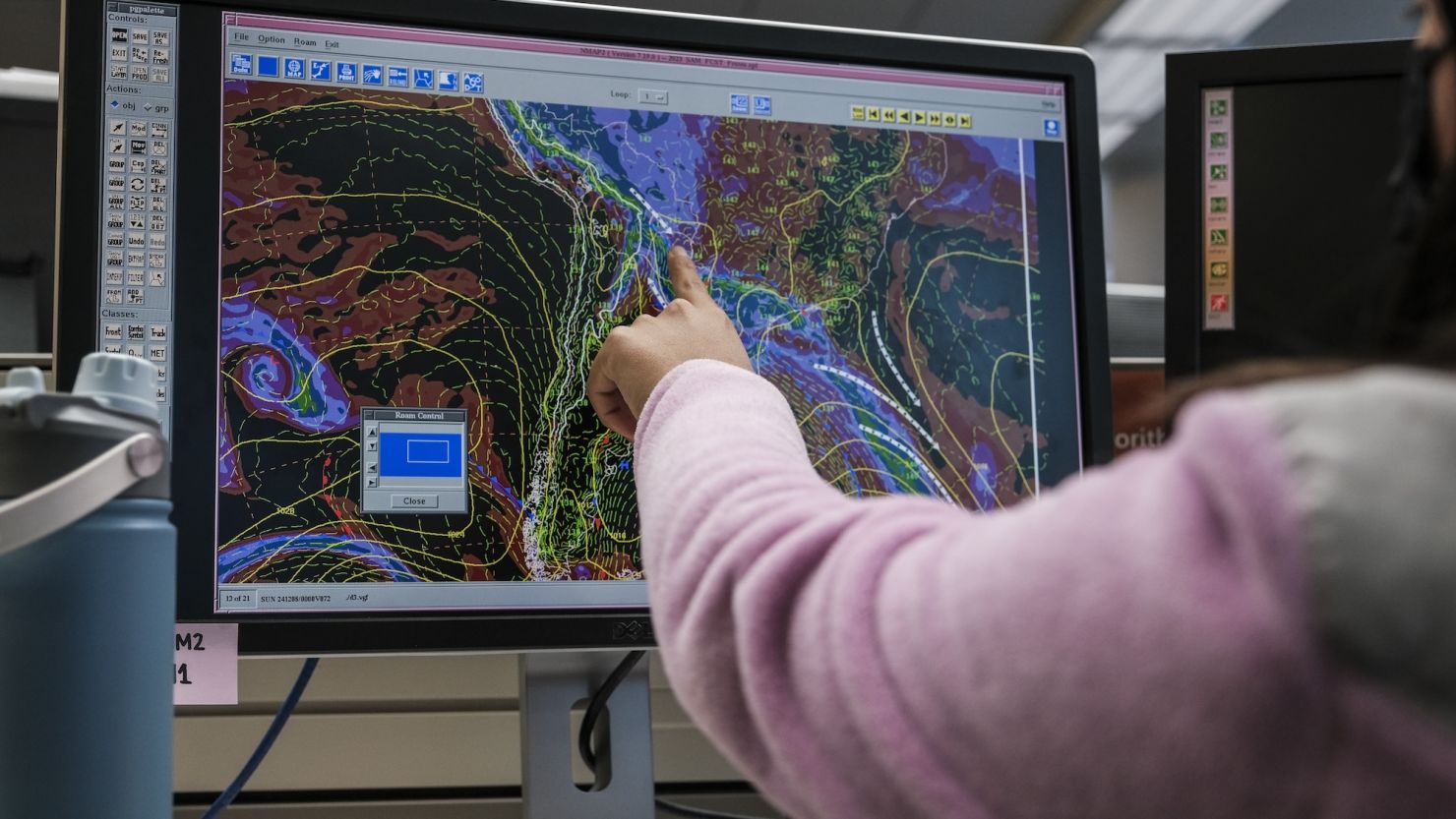The Waters Layoffs: My Grind Through It
So, you hear the term “layoffs,” and everyone nods, right? We’ve all been around the block, seen it happen, or been through it ourselves. It’s like this undercurrent, always there. But then there are times when the talk gets louder, more specific. That’s what started happening, what I’m calling the ‘Waters layoffs’ period for me. Not a company name, mind you, more like how you test the waters, and sometimes, they’re ice cold and about to pull you under. This was one of those times I had to figure out how to swim through it.
My practice, if you want to call it that, began pretty simply: listening. You know, the office suddenly gets those weird silences, then bursts of hushed conversations. I wasn’t trying to be a snoop, not my style. But you can’t help but feel the air change. I started paying more attention during those coffee breaks, the chit-chat by the water cooler – classic, I know, but that’s where you pick things up. People get nervous, they talk. My goal was just to get a sense of what was really going on, not the polished stuff they might say in an all-hands later.

Then the official stuff started. Vague emails first. “Organizational changes,” “restructuring for future growth.” We’ve all heard those lines. They’re supposed to sound positive, but everyone knows what they usually mean. My practice then shifted to trying to read between those corporate lines. What weren’t they saying? Who was looking particularly stressed after certain meetings? It’s a grim kind of puzzle.
I remember one particular Tuesday. Calendar invites popped up. Not for everyone, just some. That’s when you really feel it. My desk mate, good guy, worked his tail off for years, he got one. I didn’t. The relief you feel for yourself is instantly washed over by this heavy feeling for your colleagues. It’s a rotten mix.
So, my next bit of “practice” was just being there. Not in a fake, “Oh, it’ll be okay” kind of way. But just… present. I saw folks walk out, box in hand. Some were angry, some were just numb. I made it a point to actually talk to a few, not just the quick nod. Asked them if they needed anything, a coffee, someone to vent to. Most just wanted to get out, which I totally get.
This whole thing took me back, way back, to my first real job. I was young, thought I was indispensable. Then, boom. One Friday afternoon, called into an office, told my role was “redundant.” Redundant! Felt like a punch to the gut. I remember walking out of that building in a daze. Had to call my then-girlfriend, now my wife, and tell her I was out of a job. We had plans, you know? Rent to pay, thinking about starting a family. That feeling, that sheer panic and then the slow burn of trying to figure out what’s next – it never really leaves you. That’s why watching this unfold, even from the “safe” side this time, felt so heavy.
What did I actually do, what was the point of my “practice”?
- I updated my own resume. Not because I thought I was next, necessarily, but because it’s just smart. Always be ready. That’s a lesson I learned the hard way.
- I reached out to the people who were let go, a week or so later. Offered to look over their resumes, connect them with anyone I knew. Sometimes just knowing someone’s thinking of you helps a bit.
- I watched how management handled it. Some were okay, seemed genuinely sorry. Others were just… cold. It tells you a lot about a company, how they treat people on the way out.
- And honestly, a big part of my practice was just processing it. Understanding that this is the reality of work sometimes. It’s not about loyalty from the top down, not always. It’s about what makes business sense to them, and you’re just a line item. Harsh, but often true.
So, the “Waters layoffs” experience, for me, wasn’t about some grand strategy. It was about observing, trying to understand, and remembering to be human through it all. It reinforced that your skills, your connections, and your own head on your shoulders are what you can truly count on. The waters will get rough sometimes, no doubt. The trick is to learn how to navigate, even when you’re just trying to keep your own boat afloat while others are sinking. It’s not pretty, but it’s real.



















